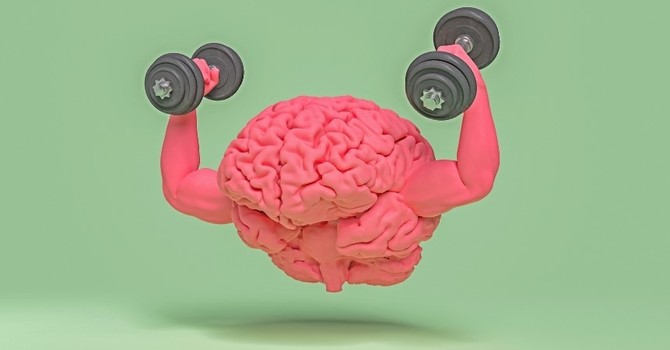
What is High-Performance Psychology?
When we think about what drives elite performance, we often picture physical traits—speed, strength, skill. But behind every top athlete or performer is something just as powerful: mental strength.
This is the focus of high-performance psychology—a field dedicated to helping athletes, performers, and professionals develop the mental skills needed to perform under pressure, stay focused, and bounce back from setbacks.
It’s not about fixing what’s broken—it’s about building what’s possible.
What Does High-Performance Psychology Do?
Sport and performance psychology helps individuals perform closer to their full potential. From youth athletes to professionals, it addresses the often overlooked mental side of performance.
While most athletes invest in nutrition, training, and injury recovery, the mental component is just as important—and too often, under-trained.
An essential part of this process is self-discovery. Gaining awareness of your own thought patterns, emotional triggers, values, and motivation style allows you to train more intentionally—and perform more authentically. Knowing yourself is the starting point for unlocking your best self.
Mental Skills Are Trainable
Research shows that factors like confidence, motivation, emotional regulation, focus, and goal setting strongly predict success in both sport and life (Birrer et al., 2012; Guillén & Martínez-Alvarado, 2023; Locke & Latham, 2002)
And the best part? These skills can be taught and developed, just like physical ones.
Using evidence-based methods, performance psychology helps individuals:
- Set effective goals
- Manage pressure and anxiety
- Improve focus and mental preparation
- Use visualization and self-talk to enhance performance
Whether you’re competing on the field, performing on stage, or navigating high-pressure situations in life, mental skills matter. High-performance psychology isn’t just for those in crisis—it’s for anyone who wants to unlock their full potential.
References
Birrer, D., Röthlin, P., & Morgan, G. (2012). Mindfulness to enhance athletic performance: Theoretical considerations and possible impact mechanisms. Mindfulness, 3(3), 235–246. https://doi.org/10.1007/s12671-012-0109-2
Guillén, F., & Martínez-Alvarado, J. R. (2023). Psychological factors affecting athletes’ motivation and performance in competitive sports in Mexico. International Journal of Physical Education, Recreation & Sports, 8(1), 53–64. https://doi.org/10.47604/ijpers.2141
Locke, E. A., & Latham, G. P. (2002). Building a practically useful theory of goal setting and task motivation: A 35-year odyssey. American Psychologist, 57(9), 705–717. https://doi.org/10.1037/0003-066X.57.9.705
The content in this blog is for informational purposes only and is not a substitute for professional medical advice, diagnosis, or treatment. Always consult your doctor or a qualified healthcare provider before trying new healthcare protocols.
Landon Gross
Contact Me


